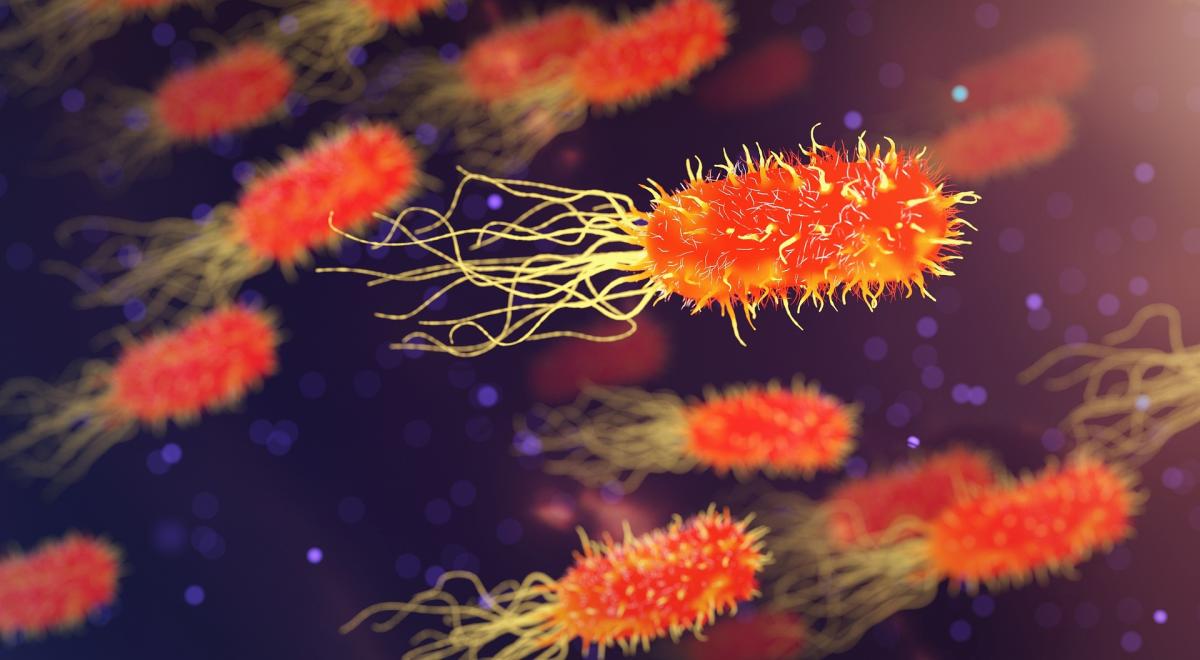Grades:
4th Grade
In this hands-on lesson, students investigate how a solar panel can change energy from sunlight into electrical energy. They also determine how water flows out of the fountain. With the use of a
Grades:
5th Grade
This hands-on lesson will help students to understand the connection between Earth's orbit around the sun and how it relates to the time of day. Students create a sundial and will trace the shadow
Grades:
6th Grade
In this lesson, students will create and test multiple helicopters to create a helicopter that lands the slowest in a given target. Students will take their best design and share with the class.
Grades:
6th Grade, 7th Grade, 8th Grade, 9th Grade
Students will create Rube Goldberg machines from simple machines in this engaging lesson. The teacher can determine materials such as wooden planks, paper towel rolls, bottle caps, marbles, cardboard
Grades:
8th Grade
This activity can be classified as Performance Based Learning. Student teams take on the role of engineers as they redesign existing packaging that is already in the market. The math focus is on
Grades:
8th Grade, 9th Grade, 10th Grade, 11th Grade
In this activity, students will perform a hands-on, inquiry-based investigation of the tradeoffs involved in hard rock mining. The object is to purchase and develop a mine, safeguarding the
Grades:
3rd Grade, 4th Grade, 5th Grade
In this engaging lesson, students measure throw-ins and convert their data to meters by dividing by 100. They will evaluate measurement systems and decide the best measurement size. You will need
Grades:
6th Grade
In this lesson, students will calculate the surface area of rectangular prism, first constructed and then deconstructed and make observations about any potential differences. Making these connections
Grades:
5th Grade
This is the 2nd part in a 4-lesson series. This lesson is on the fins and how they work with balanced and unbalanced forces. Students will need the worksheet, the article for read and reflect, foam
Grades:
6th Grade
In this unit, students will study the effects of air pollution and engineer an environmentally friendly air filter to reduce pollutants in the air using common household items and recycled materials
Grades:
1st Grade
In this engaging lesson, students build a catapult using spoons, popsicle sticks and rubber bands. Students will be able to describe what a catapult is, the use, and vocabulary words.
Grades:
2nd Grade
Students will design and build the tallest tower/structure using candy/marshmallows and toothpicks.
Grades:
5th Grade
Summary: Today we will observe and test five known mystery powders, identify examples of physical and chemical reactions to determine who committed the crime. Materials: 6 teaspoons or small spoons
Grades:
5th Grade
This is the second lesson in the series of lessons comparing how garden growing techniques determine plant growth/production. In this lesson, students will research the best types of plants to grow
Grades:
6th Grade, 7th Grade, 8th Grade
In groups students will construct a roller coaster made completely out of paper that a marble can travel on. The goal is to have the "ride" last for a longer time than other and be able to explain the
Grades:
Kindergarten
Students will analyze shadows to determine how light moves and changes throughout the day.
Grades:
7th Grade
In this engaging lesson, students will use 2-3 days to build a land yacht with Lego BricQ sets. They will test different winds and angles, and then use their lab to introduce Newton's third law of
Grades:
7th Grade
Students create a video-tutorial that talks about Direct and Inverse Variation in this creative lesson. This material will showcase their full understanding about the type of variation they have
Grades:
6th Grade, 7th Grade
Students explore the relationship between the speed(rate of travel) of an object, the distance it travels, and the amount of time it travels for. Teachers may use: A- Air rockets(from a previous
Grades:
6th Grade
In this lesson, students will identify the significance of the shapes found in and around their home. Making these connections will provide a real-world framework to their understanding of mathematics
Grades:
3rd Grade, 4th Grade, 5th Grade, 6th Grade, 7th Grade, 8th Grade, 9th Grade, 10th Grade, 11th Grade, 12th Grade
In this hands-on lesson, students use the engineering design process (EDP) to create a prototype of a device that can prevent squirrels from accessing a bird feeder. This is a great way to integrate
Grades:
6th Grade, 7th Grade, 8th Grade
Model Building For Disaster is a 4-6 week unit in which students research natural disasters around the world and their effect on developing countries. Following their research, student teams design
Grades:
8th Grade
This lesson took place in a 90 minute after school STEM club (could work in 2 - 45 minute class periods). Students may work in small groups of 2-4. An emphasis on sample collection and analytical
Grades:
Kindergarten
Students will be able to observe and recognize that a thermometer is a device that is used to measure a change in temperature.
Featured Lesson Plans
Check out these notable lesson plans.

Featured
Planarian Regeneration
Grades:
3rd Grade
In this engaging lesson, students will explore human regenerative medicines through the planarian's ability to regenerate. Planarians have specials cells that allow themselves to modify and regrow

Featured
A Very Hungry Robot: Lesson 2
Grades:
1st Grade
In this lesson, students will relate The Very Hungry Caterpillar to a butterfly's life cycle. Students will learn the four main parts of a butterfly's life cycle and then use the indi robot to create

Grades:
3rd Grade, 4th Grade, 5th Grade
Students will gain knowledge about Arizona's geography, culture, and history through the book "Santa is Coming to Arizona." They will develop basic programming and problem-solving skills by
